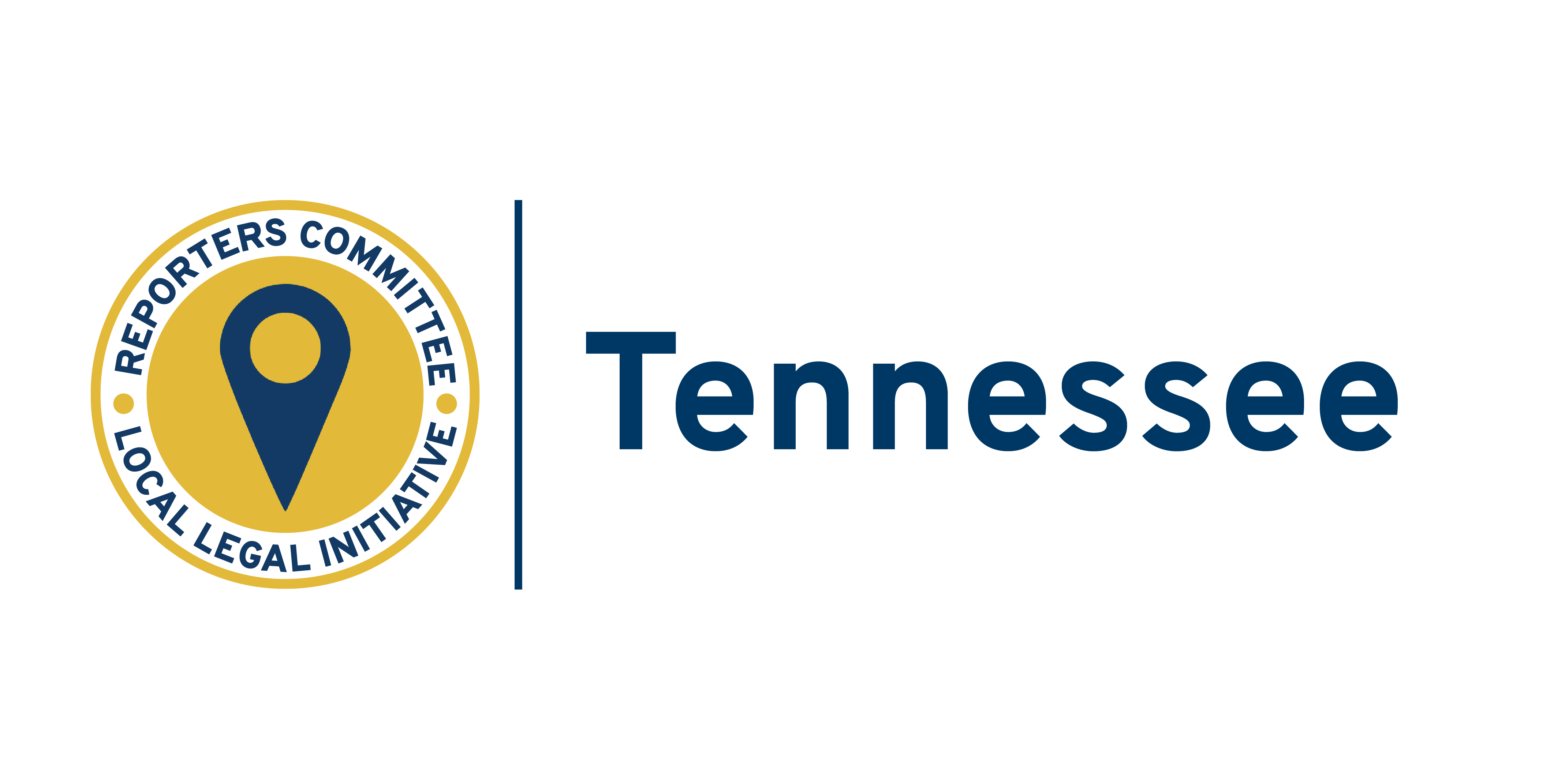Tennessee judge rules that state campaign finance agency’s email vote violated Open Meetings Act

Update (Oct. 13, 2020): On Oct. 8, Davidson County Chancellor Ellen Hobbs Lyle issued a written order granting final judgment in favor of the plaintiffs in Associated Press v. Tennessee Registry of Election Finance. In her ruling, Chancellor Lyle wrote that the Registry “violated the spirit and requirements of the [Open Meetings Act] by deciding via an email vote whether to recommend settlement with Representative [Joe] Towns.”
In the first major victory for the Reporters Committee’s new Local Legal Initiative, a judge ruled on Friday that the Tennessee agency responsible for enforcing campaign finance disclosure laws violated the state’s Open Meetings Act when it secretly voted by email to significantly reduce fines levied against a state lawmaker.
Davidson County Chancellor Ellen Hobbs Lyle said in a bench ruling that the Tennessee Registry of Election Finance made a “consequential decision” in an April 1 email vote to approve a settlement with state House Rep. Joe Towns — and that the vote should have been conducted publicly, according to the state’s Open Meetings Act.
“We’re pleased that the court agreed that the Registry’s email vote violated the Open Meetings Act and made clear that secret votes can’t be used to conduct public business,” said Paul McAdoo, the Reporters Committee Local Legal Initiative staff attorney based in Tennessee. “Even as many government agencies conduct their work remotely during the pandemic, they must still uphold their statutory responsibility to be transparent with Tennesseans.”
Attorneys for the Reporters Committee for Freedom of the Press filed the lawsuit on behalf of a coalition of Tennessee news media and open government organizations in late April. It was the first lawsuit brought as part of the Reporters Committee’s Local Legal Initiative, launched this year to support enterprise and investigative journalism at the local level.
The complaint alleged that the Tennessee Registry of Election Finance violated the state’s Open Meetings Act when it voted secretly by email to approve a $22,000 settlement with Rep. Towns to resolve outstanding civil penalties levied by the Registry.
Towns made the offer to settle $65,000 in fines he owed to the Registry and $1,100 he owed to the Tennessee Ethics Commission. Under the terms of the agreement, Towns is required to pay the full amount he owed to the Ethics Commission, but he is required to pay the Registry $44,100 less than what he originally owed.
The public was only notified that the email vote took place and that the official tally approved the settlement 4-2. The emails Registry members sent to the agency’s director casting their votes were not made available to the public. Nor were other details about the vote, including who moved to accept the settlement and who seconded the motion.
Attorneys for the Registry argued that the email vote was inconsequential because the agency’s members lacked the legal authority to accept or reject the terms of Rep. Towns’ settlement offer, meaning that their communications fell outside the scope of the Open Meetings Act.
Chancellor Lyle, however, rejected that argument.
“[E]ven though it is the attorney general who has the authority as the litigator … to decide whether to accept or reject a settlement,” she said, “certainly the Registry’s input is a weighty one.”
“The public’s ability to attend government meetings is essential to ensuring that people are informed about what public officials are doing on their behalf, and are able to hold them accountable,” said Katie Townsend, legal director for the Reporters Committee for Freedom of the Press. “This is an important ruling for open government in Tennessee, and cases like this one underscore exactly why the Reporters Committee launched the Local Legal Initiative: to ensure that local journalists have the legal support they need to challenge obstacles that too often hinder their reporting on issues that are important to their communities.”
The Reporters Committee regularly files friend-of-the-court briefs and its attorneys represent journalists and news organizations pro bono in court cases that involve First Amendment freedoms, the newsgathering rights of journalists and access to public information. Stay up-to-date on our work by signing up for our monthly newsletter and following us on Twitter or Instagram.